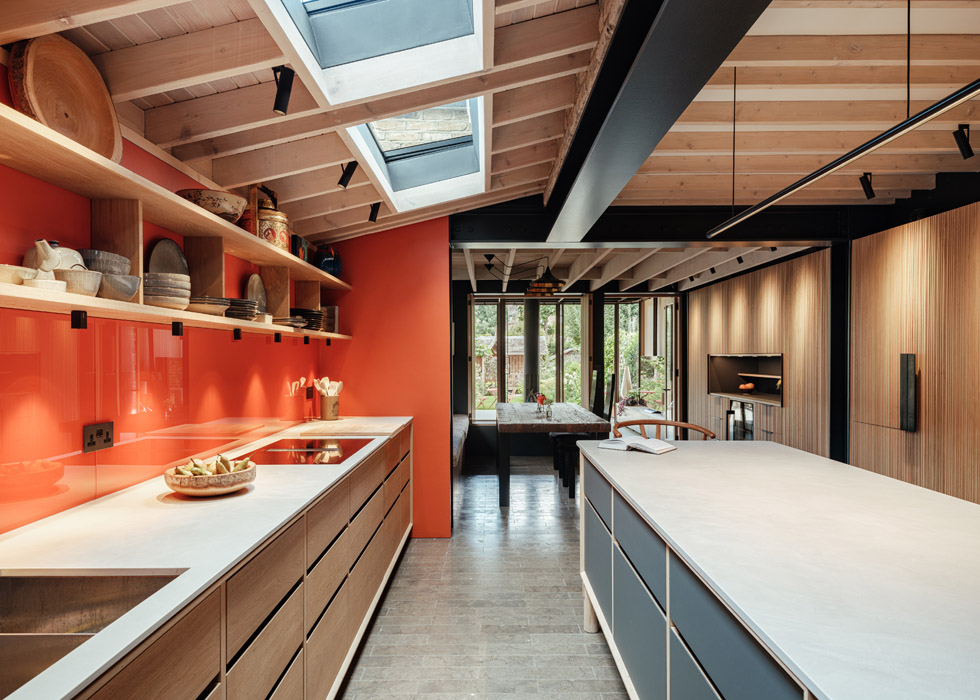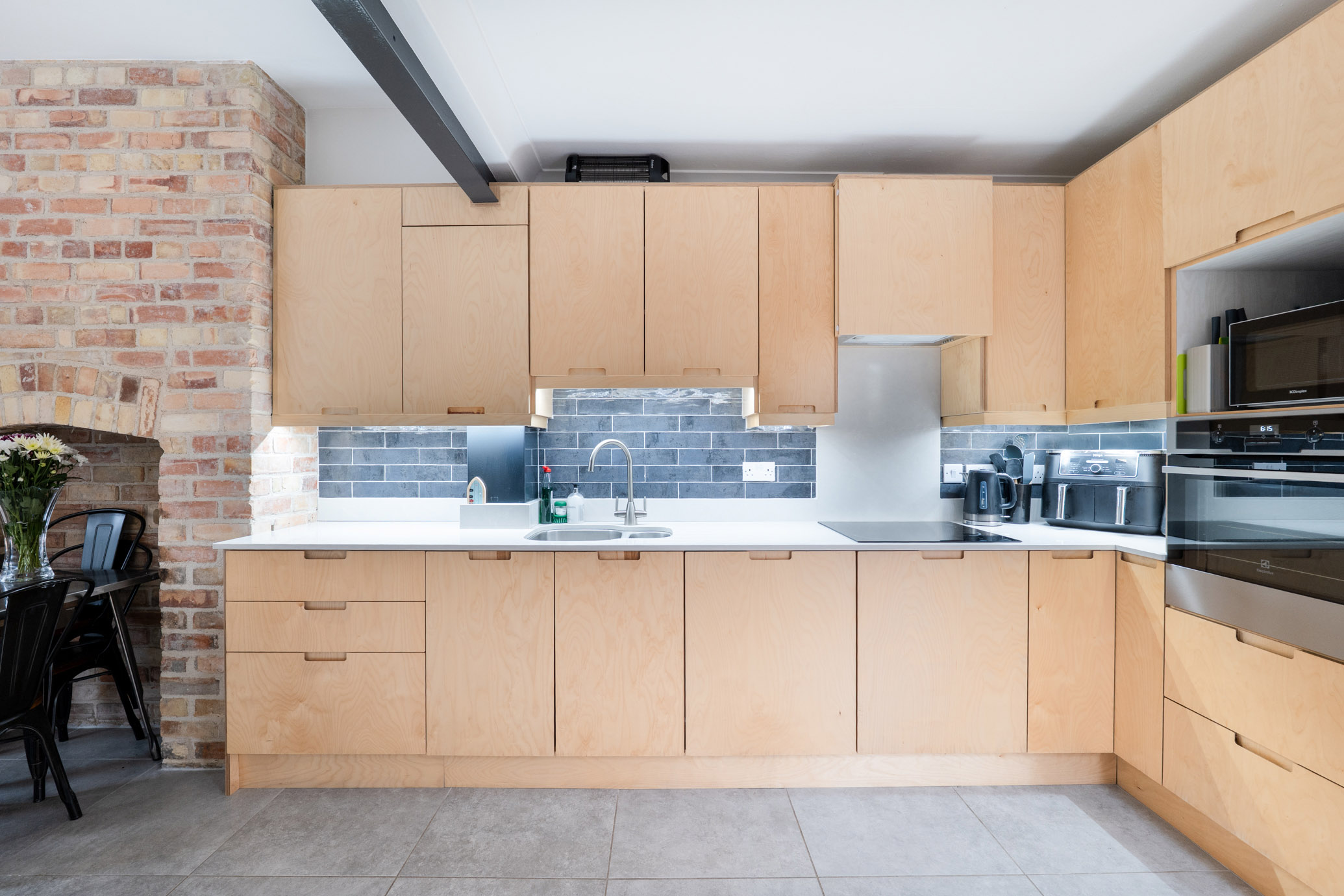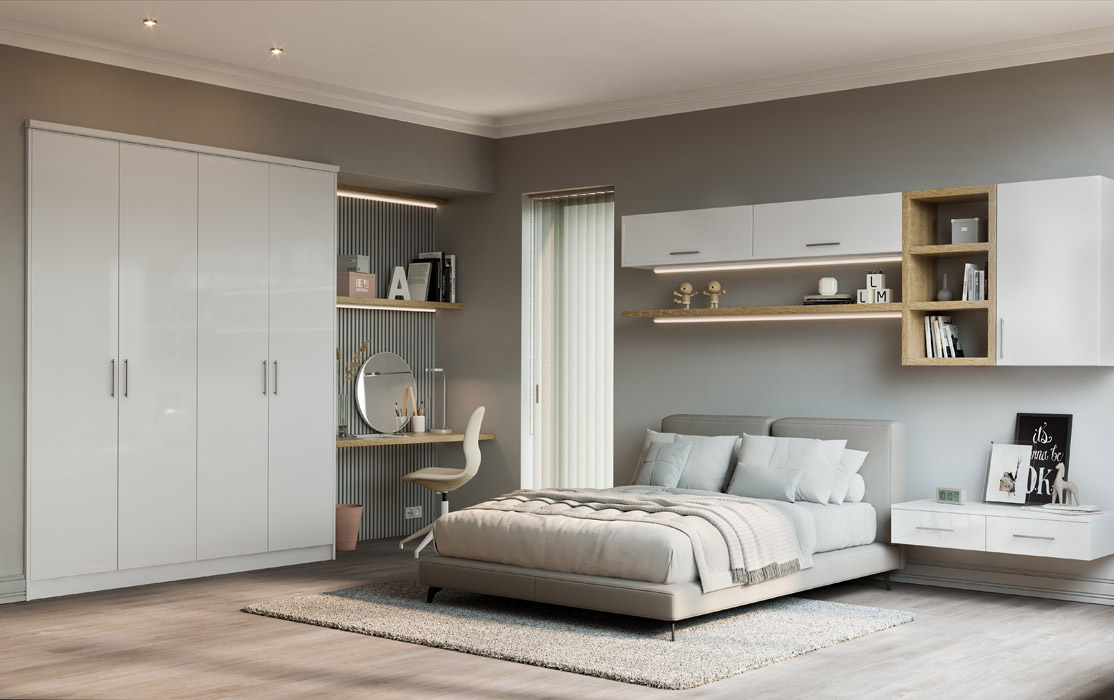Considered the spine of any building, a staircase sets the style tone for its look. Ryan Beggs of Co. Meath-based Bavari is a step ahead
In film making staircases can be used to create suspense, set the scene for romance, amp up the action or as symbolic storytelling.
Gone With The Wind remains one of the most sweeping styles.
A staircase is the spine of a building, says Ryan Beggs, whose company Bavari is designing some of the finest staircases in Ireland and the UK.
“It holds the whole look together.”

While it’s a key feature of a property, he says, although a lot of thought goes into the design of a house, “quite often they haven’t thought about the staircase. Some of ours can take three months to build."
His Bourghley Road project, featured in the lead image, is a double curve design.
Made of European oak, it has been French polished to a near ebonised colour.
The handrail climbs all the way up its three flights and has a volute post.

His talents have been recognised in Ireland by architectural practices Laurence and Long, DMVF, Brazil Associates, interior architects Ashen and Cloud, and interior design firms Minnie Peters and Arlene McIntyre Design.
In London, his firm works with Harper Latter Architects, an architecture and interior design firm, Gunter & Co., and Nomad Developments.

A project at Alan Road, London, seen above, features a blonde oak finished in a contemporary square, featuring simple, very square, balustrades, yet it curves.
This demonstrates well his discreet abilities.
“In a private home, it really is a piece of furniture and its look dictates the ambiance of the whole place,” he explains.
“There should be a gentle sweep to it.”
This can be seen in his work in the mountain home, on the edge of Dublin, designed by Minnie Peters.

There are many different styles, from curved to helical, to elliptical, to spiral, straight, and winder.
In Sandymount, Dublin 4, under the eye of interior designer Aine Sweeney, a double-height library features a spiral staircase whose centre pole is cylindrical steel that is timber-clad, so you don’t see it, he explains.
The solid, round brass spindles have a brushed finish and a clear lacquer to maintain the patina.
Every staircase is built on site in their workshop in Co. Meath and then transported to its location for installation.
That includes transiting the stairs to the UK, mainly to London clients, where some of it may have to be reassembled.

He met his wife, Irish woman Avaline, while in Cork doing a small job for a friend, and they moved to Co Meath.
Previously, he honed his skills in Australia and Canada, working with a master joiner, where he was building high-end kitchens that cost a quarter of a million Canadian dollars.
They invested in machinery and set up the business in 2006. In the same month, the couple got married.

In the commuter belt of Kingston, Surrey, its turned hardwood spindles feature quite a complicated design that, at first glance, could be wrought iron.
The timber has been painted.

Six years later, they changed the company name to Bavari in 2012. He had started to do a lot of work in London, thanks to a recommendation by a developer friend.
Also, their website said the name needed to sound snappier, more like a brand, he explains.
It is a portmanteau of sorts of both of their names.
The B is for his surname, Beggs, the ava is the first three letters of her Avaline’s name, and the r is for Ryan. He added the I for impact.

It has a flow to it, like the swoosh of an elegant staircase.
In Richmond, another commuter town on London’s Thames, Hall Road showcases his most popular design. This is the image shown in the lead photo here.
His passion is hard to put into words. He prefers to let the work do much of the talking. He likens it to a kid who is good at sports.
“You can’t teach it. They have a natural ability.”

In Dublin, he designed an elegant staircase in Blackrock.
Prices cost about €30,000 per curved staircase, per floor.
“It takes years to get established,” he says. His work shows a talent at the very top of his game.
To find out more, visit Bavari-stairs.com






